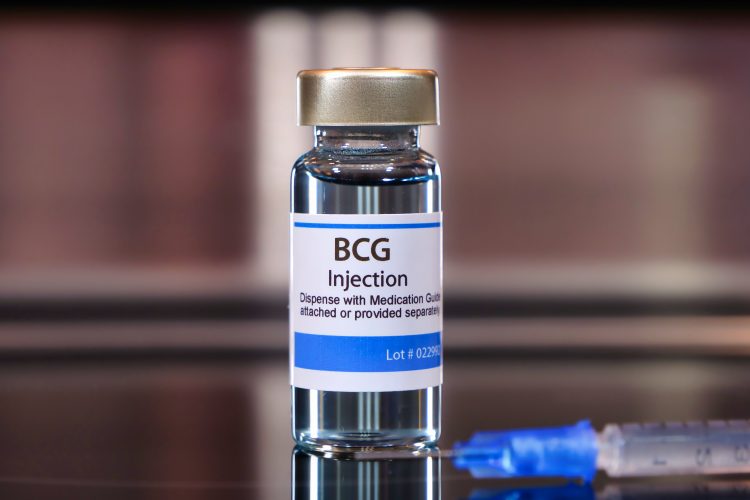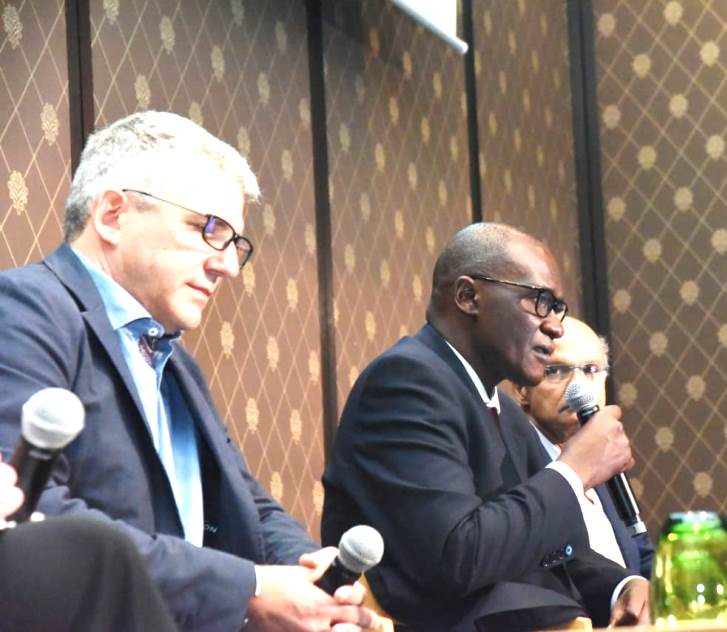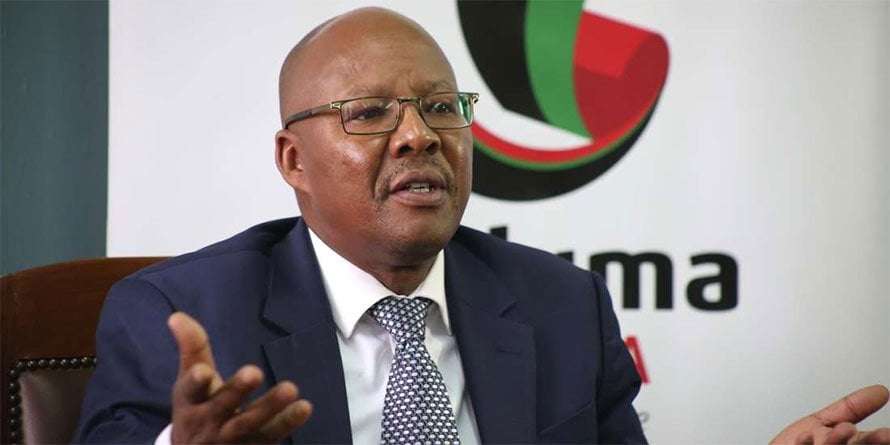Civil society organizations have expressed concerns over the government’s failure to maintain a steady supply of the vaccine. Evaline Kibuchi, the Country Lead of Stop TB Partnership Kenya, criticized the government for allowing this critical shortage to occur for the second time in six months. “This negligence could lead to a surge in TB infections among children, especially when we are only five years away from the global target of ending TB,” she said
Four counties in Kenya, Nyamira, Baringo, Makueni, and Bungoma, have completely run out of the Bacillus Calmette–Guérin (BCG) vaccine, which is critical for protecting newborns against tuberculosis. Another 16 counties are experiencing dwindling supplies, raising fears of increased vulnerability to the deadly airborne disease.
The shortage is particularly alarming in Bungoma, which has reported no stocks for three consecutive weeks. Health officials in Baringo revealed that the national government had promised swift action to address the shortage.
“Even as we wait for the national government to address this issue, we are educating mothers to protect their newborns by limiting contact with other people,” said Dr Nancy Chesire, Baringo’s Health Chief Officer, during a press briefing. She emphasized that newborns should be cared for exclusively by their mothers to minimize the risk of infection from TB-positive individuals.
Counties at the brink of a crisis due to limited supplies include Kajiado and Migori, which have only about 1.5 months’ worth of vaccines left. Other counties, such as Vihiga, Homa Bay, Nyandarua, Busia, Uasin Gishu, Kisumu, Samburu, and Nakuru, are managing with restricted doses and controlled distribution to avoid wastage.
Civil society organizations have raised concerns about the government’s failure to maintain vaccine supply. Stop TB Partnership Kenya Country Lead, Evaline Kibuchi criticized the government for allowing this critical shortage to occur for the second time in six months.
“This negligence could lead to a surge in TB infections among children, especially when we are just five years away from the global target of ending TB,” said Kibuchi. She highlighted the recent World Health Organization (WHO) report indicating a rise in TB cases among children under 15 years.
BCG is the only vaccine that protects babies from severe forms of tuberculosis. Without it, infants face heightened risks of contracting the disease.
“We urge the government to treat this as an emergency and ensure every child who has left the hospital without the BCG vaccine is followed up and vaccinated,” Kibuchi stated, calling on partners to support in restoring the vaccine supply.
Stephen Anguva, National Coordinator of the Network of TB Champions Kenya, warned of potential legal action if the crisis persists. “This is not just a logistical failure; it’s a life-and-death issue for Kenyan infants. The government has a constitutional obligation to protect and promote children’s health,” Anguva said.
The Network of TB Champions Kenya has drafted a petition to Parliament, urging the Parliamentary Committee on Health to intervene. “The lives of our children and the credibility of Kenya’s healthcare system depend on swift and decisive action,” Anguva stated.
As the crisis deepens, there is growing pressure on the Ministry of Health to uphold its constitutional duty and ensure the availability of this lifesaving vaccine. Failure to act promptly, stakeholders warn, could lead to avoidable harm and loss of lives.





